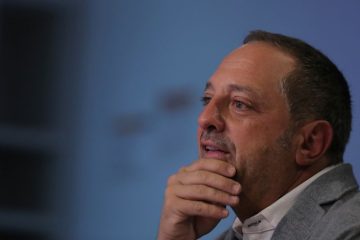AstraZeneca says its Oxford vaccine deal allows it to add up to 20% of manufacturing costs

AstraZeneca Plc said on Friday its coronavirus vaccine deal with Oxford University will allow it to add up to 20% of manufacturing costs to cover additional expenses required to be incurred by the British drugmaker.
“In addition to the manufacturing costs, the company is incurring costs in excess of $1 billion globally that include clinical development, regulatory, distribution, pharmacovigilance and other expenses”, an AstraZeneca spokesman said in a statement.
“To cover these additional expenses, the company will add an amount equivalent to a maximum of 20% of the manufacturing costs to ensure there is no material impact on its finances this year while continuing efforts to provide the vaccine at no profit during the pandemic,” the statement added.
AstraZeneca has previously signed multiple supply-and-manufacture deals for more than 3 billion doses globally.
These agreements are with companies and governments as the company gets closer to reporting early results of a late-stage clinical trial. Developed by the University of Oxford and licensed to AstraZeneca in April, the vaccine is expected to be one of the first from big pharma to secure regulatory approval.
The company had said earlier it has created multiple supply chains to ensure that access to its vaccine is timely, broad and equitable for high- and low-income countries alike.
Pricing and supply of experimental COVID-19 vaccines have been widely debated as richer countries pump billions of dollars into funding, and AstraZeneca has also been granted protection from future liability claims.
Separately, AstraZeneca resumed the U.S. trial of its experimental COVID-19 vaccine after approval by regulators, the company said on Friday.



